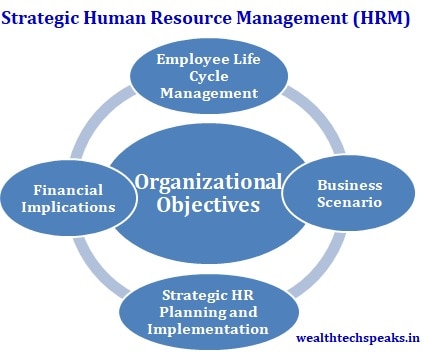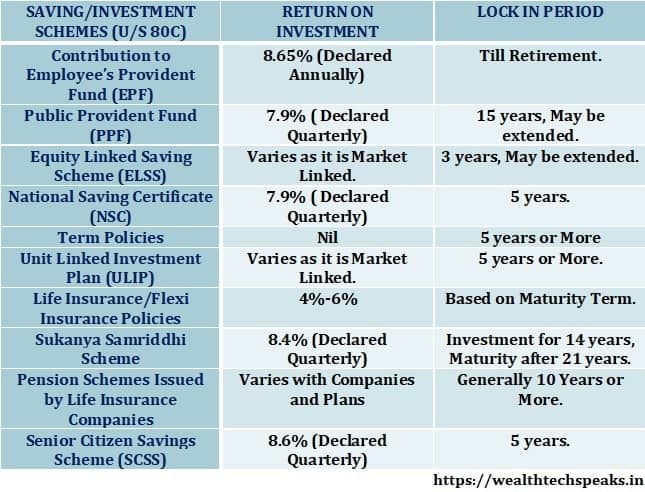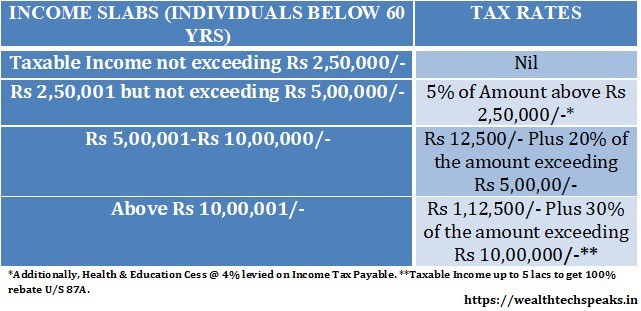
Mutual Funds: An Insight
- Posted By Amritesh
- On March 30th, 2014
- Comments: 2 responses
Mutual Funds are not only attractive as an Investment option but are also an efficient tax planning product too. Moreover, Investment in Tax Saving Mutual Funds (ELSS) offers the shortest lock-in period of just 3 years, whereas the other investment products come with minimum lock-in period of 5 years. Individuals prefer investing in Mutual Funds over the traditional investment products which offer mediocre returns along with longer lock-in period.
Mutual Fund is pooling of funds which is diversified into various types of securities and asset class. The diversification of fund not only mitigates risk but also ensures that the investment yields maximum return for the Investors.
Types of Mutual Fund Investment: Detailed View
Investing in Mutual Funds
Individuals may easily invest in Mutual Funds by completing few basic formalities online. Investment may be made directly with the respective Asset Management Company (AMC) or via Brokerage firms. Mutual Fund offers direct and regular plans for investment, the difference is discussed in the link shared below.
Investment in Mutual Fund: Direct or Regular Plan
Investors may invest in Debt or Equity oriented Mutual Funds based on their risk appetite and tenure of investment. Mutual Funds are traded in Capital Market which is prone to market fluctuations. Thus, for short term investment (1-3 years) Debt Mutual Fund is the likely option, whereas for investment for 5 years and beyond, Equity Oriented Funds appear to be a better choice. Diversification of Funds mitigates the risk associated with market volatility.
Mutual Funds are prone to market volatility; Investors have to carefully evaluate the Fund before vesting. First time Investors should consult a Financial Advisor before initiating any investment, in case they not comfortable taking the investment based decision.
Investment in Mutual Funds may be made in Lumspum or in regular instalments via Systematic Investment Plan (SIP). Investors may choose to invest in the fund as per the convenience and market condition.
In my opinion, investment via SIP is better for Individuals as it has some distinct advantages over the lump sum investment.
Disclaimer: The information on this site is provided for discussion purposes only, and should not be misconstrued as investment advice. Under no circumstances does this information represent a recommendation to buy or sell securities. Readers are advised to research further to have more clarity on the topic. It is very important to do your own analysis and consult your Financial Advisor before making any investment based decision.







